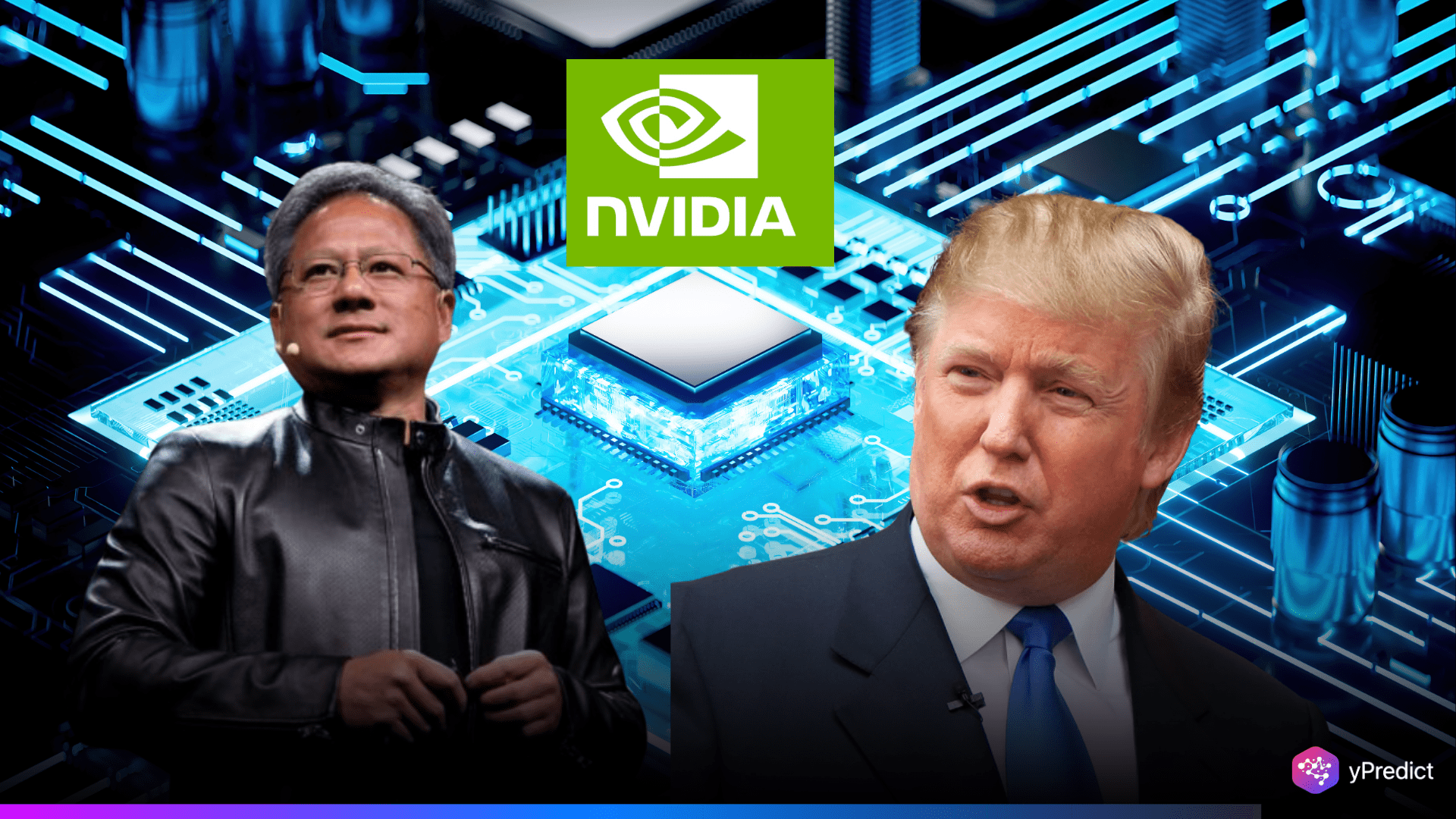
Nvidia CEO Jensen Huang is calling on the US government to reconsider the restrictions on the export of advanced AI chips, saying that they risk undermining America’s global technological dominance. The restrictions, which will take effect in mid-May, are aimed at curbing sales to countries like China.
Huang argues that limiting access to global markets could hinder innovation, decelerate economic growth, and diminish the competitiveness of the United States in the fast-emerging AI sector. He emphasized the need for new policies that encourage global expansion while ensuring national interests.
A Shift in U.S. Policy: The Impact of AI Chip Export Restrictions
Nvidia, the biggest supplier of AI chips that power sophisticated machine learning systems such as those employed by OpenAI, is under tremendous legal pressure with US policy curtailing the export of high-performance technology. The policy aims to safeguard U.S. technological leadership by limiting the distribution of powerful computing tools to strategic allies.
Huang is urging the Trump administration to change these export laws, saying they may slow innovation and prevent American businesses from competing abroad. Huang believes that a more balanced approach can help US companies better take advantage of emerging market opportunities.
Current restrictions legally prohibit Nvidia from selling its most advanced chips to China. These controls are part of the upcoming Framework for Artificial Intelligence Diffusion, set to take effect on May 15, which classifies countries into tiers based on eligibility to access AI hardware and model weights.
Bloomberg reports that Huang, in a briefing held on wednesday, said that,
We need to accelerate the diffusion of American AI technology around the world. The policies and encouragement from the administration really need to support that.
Furthermore, he added that,
I’m not sure what the new diffusion rule is going to be, but whatever it turns out to be, it really has to recognize that the world has changed fundamentally since the previous diffusion rule was released.
Huang also highlighted China’s massive growth in the technology sector, noting that companies like Huawei are designing their own AI chips in response to US restrictions. Nvidia, which is dependent on Taiwan Semiconductor Manufacturing Co. for production, is also examining domestic supply chain resiliency.
In an effort to reduce its dependence on overseas facilities, TSMC has started producing some of its chips in Arizona.
In March, US officials tightened controls by imposing export licenses on Nvidia’s H20 chips bound for China, underscoring the increasingly prominent role of AI in national security policy.
As global tensions rise, Nvidia has to navigate a complex world where innovation, regulation, and international competition are intertwined.
Proposed Revisions to Export Rules
The Trump administration reportedly is weighing revising existing export controls for artificial intelligence (AI) processors. Among the ideas on the table is shifting from the existing tiered framework to a simplified global licensing approach.
According to Reuters,
The administration is considering changes to a Biden-era regulation that restricts access to advanced U.S. artificial intelligence chips, including possibly eliminating a tiered system that determines how many chips countries can obtain.
The change would raise export flexibility levels, enabling giant tech firms like Nvidia to keep engaging with international markets while continuing to meet national security needs.
Experts assume that the adoption of this new approach could reinforce the United States’ strategic position in the international AI environment through a balance between scientific supremacy and diplomatic engagement.






